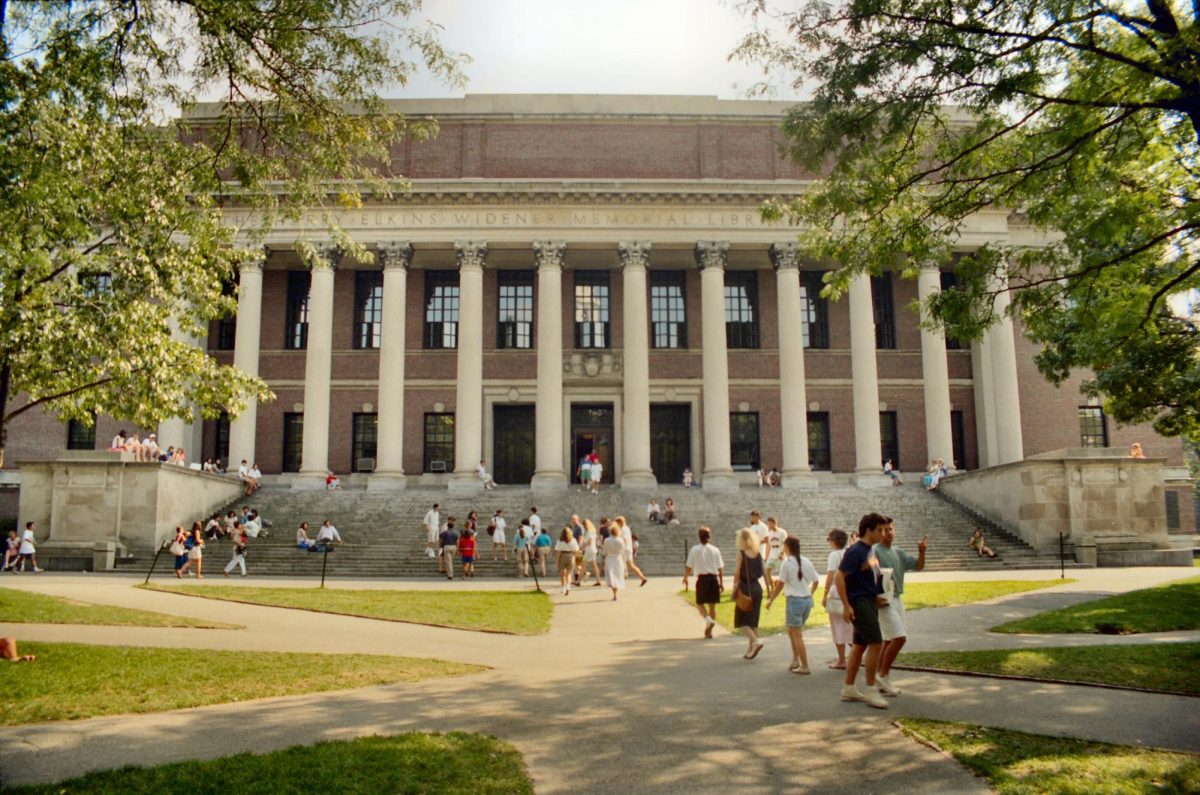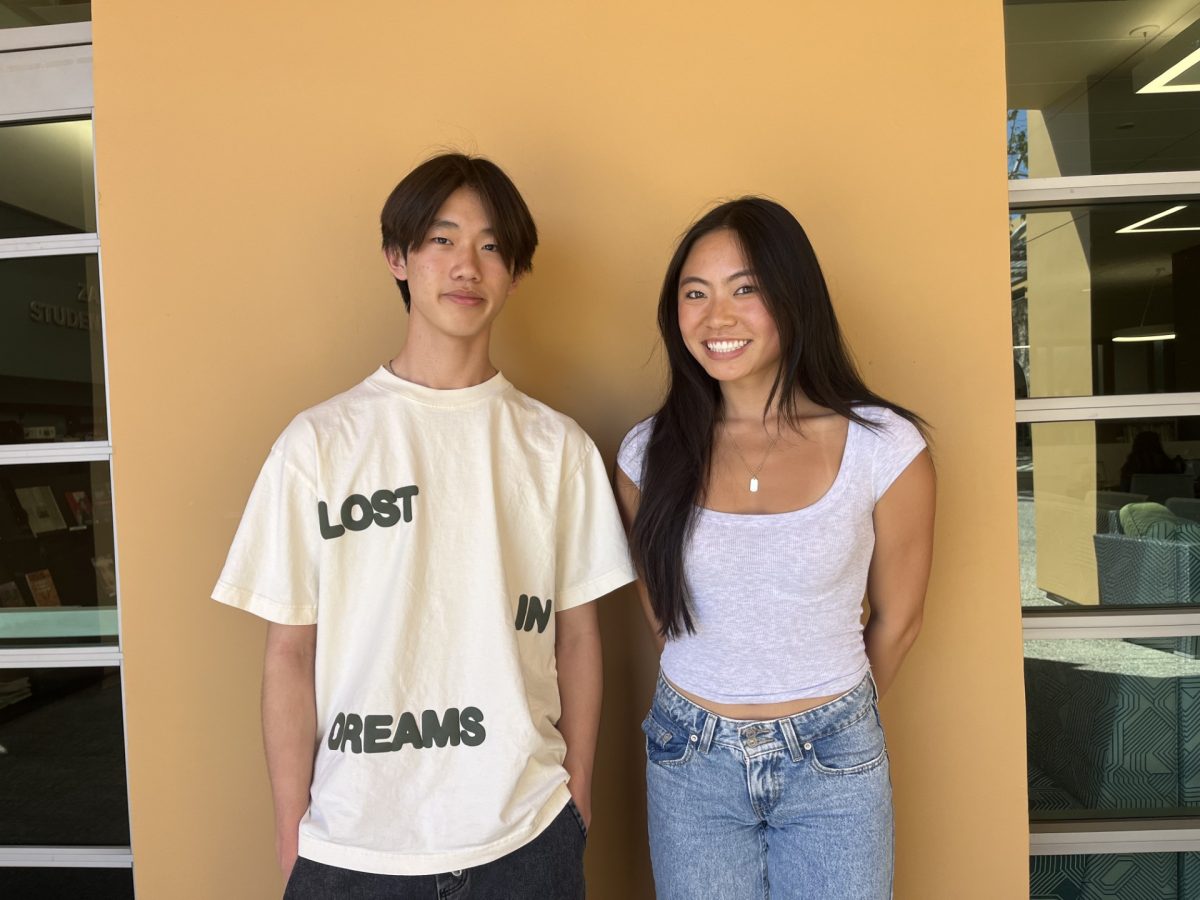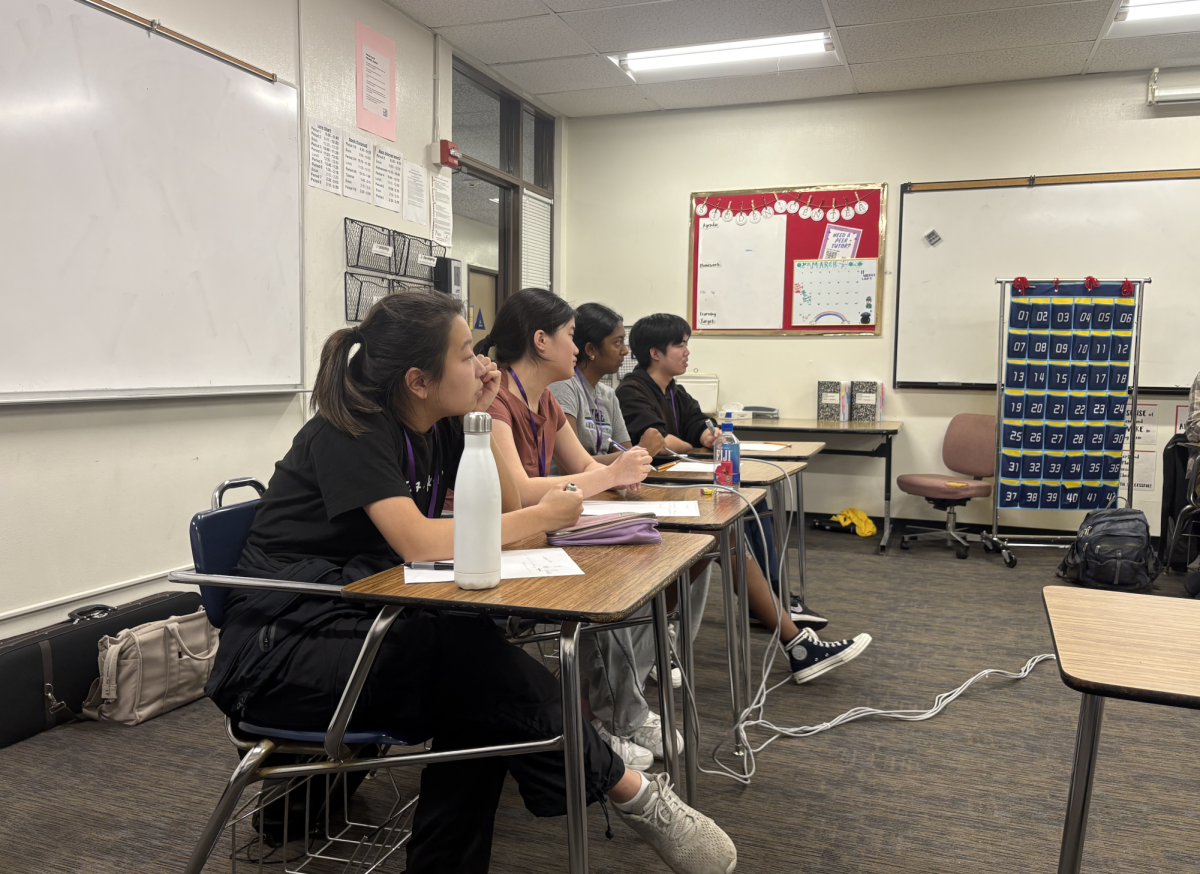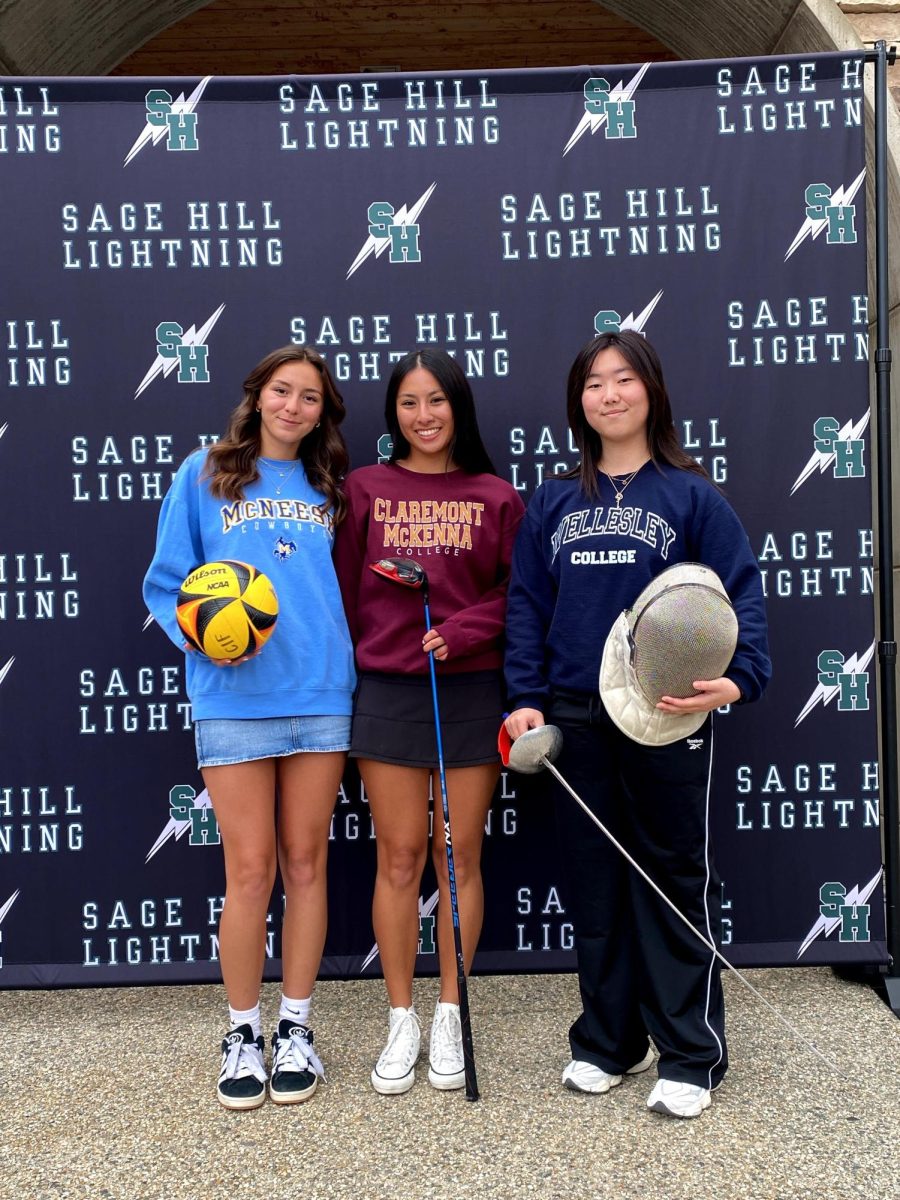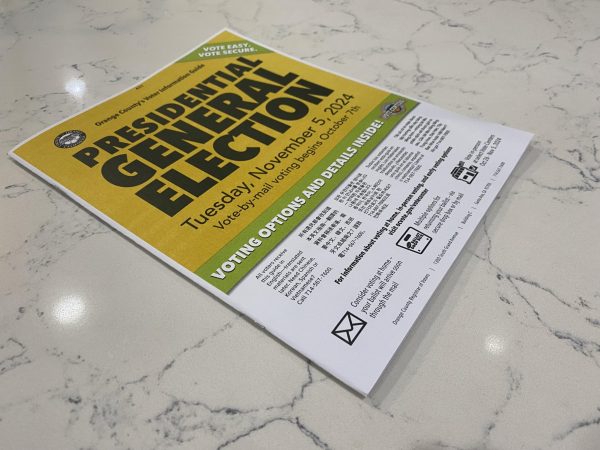
Senior Shaan Kamdar is among a handful of Sage Hill seniors who will be eligible to vote in their first U.S. General Election on Nov. 5.
As Kamdar prepares to fill out his first ballot, one question is at the top of his mind: will Vice President Kamala Harris or former President Donald Trump be better equipped to guide the U.S. economy?
“Right now, it is difficult to judge both candidates because of when they were in office,” Kamdar said. “The initial shock of the pandemic, money printing, and trying to regulate the inflation from it, tells a different story from an economic standpoint and a money standpoint.”
Kamdar appears to be in line with 81% of polled voters who said the economy will be the most important factor in electing the next president, according to a study from the Pew Research Center.
With 228,245 registered voters aged 17.5 to 25 as of July 5, Orange County’s youngest voters are expected to play a significant role in the upcoming election.
Easy voter registration and specific socioeconomic and demographic factors have made youth participation in Orange County among the most influential in the nation.
According to The Center for Information and Research on Civic Learning and Engagement (CIRCLE), California’s 47th Congressional District, encompassing Newport Beach, Irvine, Huntington Beach, Laguna Beach, Costa Mesa, and Seal Beach, qualifies among the districts nationally ranked as most likely to be influenced by young voters. State Sen. Dave Min (D-Irvine) and Republican Scott Baugh want to claim the key house seat currently filled by Rep. Katie Porter (D-Irvine).
Orange County as a whole has seen 184,144 new voter registrations since February 2020, the second largest of any county in California. A significant portion of these new voter registrations represent the voices of California’s youth.
Along with the economy, Kamdar wants to see how the political candidates address the polarizing topics of gun control, immigration reform, and abortion access before making his decision.
“People are too quick to come to conclusions about politics with social media spreading information that is made to create a reaction. Overall, I think there just needs to be more mutual respect between parties,” he said.
Senior Grace Bori won’t turn 18 by Election Day but still thinks candidates should seriously consider the policy changes that Generation Z cares about.
“I wish I could vote, and if I could I would focus on the issues about equality in access to education and healthcare,” she said.
Declining test scores, public school funding, and socioeconomic differences are all part of the debate over improving America’s education system. The Nation’s Report Card, an organization that assesses students’ knowledge in subjects such as mathematics, english, civics, and history, reported a significant decrease in the average performance of surveyed students in 2022 compared to the previous year. Certain students’ pre-existing learning deficits only widened during the pandemic.
Bori’s concerns over healthcare equity are shared by many young voters calling for systemic changes.
“Health in the United States is often, though not invariably, patterned strongly along both socioeconomic and racial/ethnic lines, suggesting links between hierarchies of social advantage and health,” according to a 2010 national study by UC San Francisco researchers.
Bori represents a larger population of young Amercians who are concerned about these inequalities and want to see partisan rhetoric removed from the conversation.
“I care about issues regarding basic human rights, and I think they should not be argued in politics,” Bori said.
Faculty Advise Future Voters
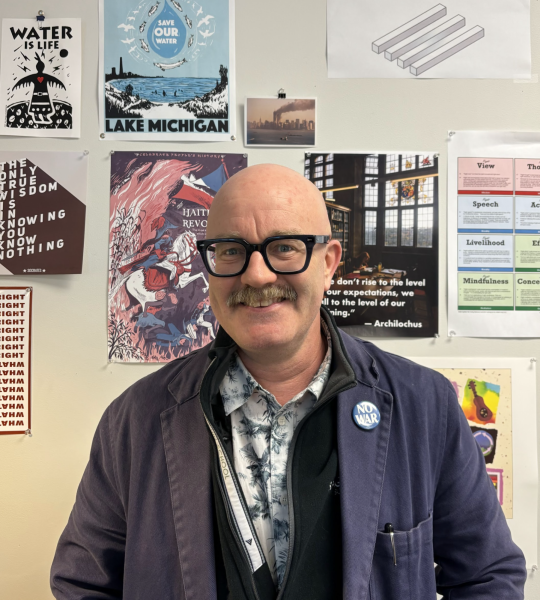
Voters face an increasingly complex landscape while navigating elections. Misinformation, political polarization, and variation in campaign funding are all realities that young voters are now facing as they prepare to cast their ballots. Sage Hill educators who specialize in history and social sciences offered their perspectives on handling the difficulties of upcoming elections, as well as how students can become politically involved members of the community.
AP Government and U.S. History teacher Dr. Chris Farrish encourages students to engage in civic affairs well after the election.
“It’s important to understand what being active in politics means,” Dr. Farrish said. “It doesn’t just mean voting. Politics is so much more than that. Being active in your community, organizing your community, talking with people with similar views and different views, coming together, finding consensus, helping people, volunteering — all of this stuff is politics.”
Dr. Farrish expects to tackle issues at the forefront of the 2024 election when they’re relevant in his classes. When students hear sources and opinions that don’t align with their own, Farrish urges them to understand where the other side is coming from. He argues it’s important for voters to challenge their beliefs and leave room to accept truthful information, even if it forces them to alter their opinion, as part of developing reasonable and accurate arguments.
Directly addressing young voters, Farrish recommended that students explore the range of political options and opinions.
“We say we are a politically divided country but we are divided in a very small spectrum of political choice between the two parties,” Dr. Farrish said. “The political spectrum is much much bigger than that and I think the first thing that students should do is move around in that space. Don’t get just kind of hemmed in to blue team or red team right away.”
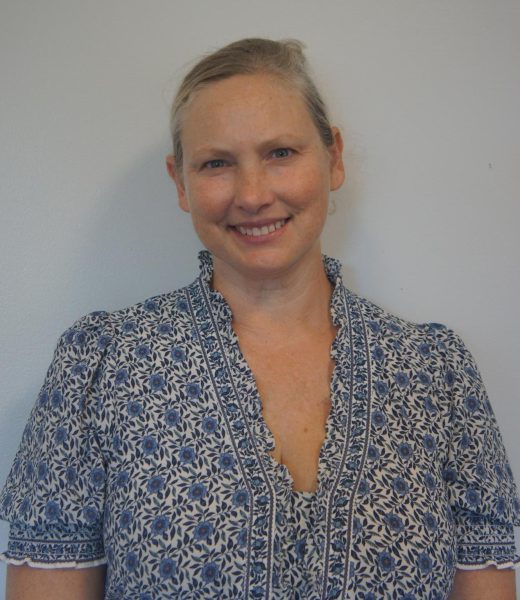
Before pursuing a career in education, AP Government teacher Nicolle Bradshaw worked for the Bush administration in Washington, D.C. but left politics because she disliked how some candidates deceive the electorate to win. She offered her advice on filtering information and explained the importance of news literacy for students who want to vote in this election.
“I like to have a non-American source as an objective view of United States politics,” Bradshaw said. “You have to check yourself from time to time. It’s important to stay outside of the eco-chamber and see what the other side is saying.”
Media literacy and the ability to find reliable sources has become increasingly important as more people, especially the younger generation, get their news from social media. A Pew Research Center study found that 39% of people ages 18-29 regularly get their news from TikTok.
Bradshaw emphasized the importance for voters to be able to strip away the talking points both campaigns spin about their opponents’ message, and thoughtfully vote based on their platforms.
“Go to Trump’s campaign website. Go to Harris’s campaign website. That’s where you can see their platform and learn about the positions that they hold. Take your time to do your research,” Bradshaw said.



